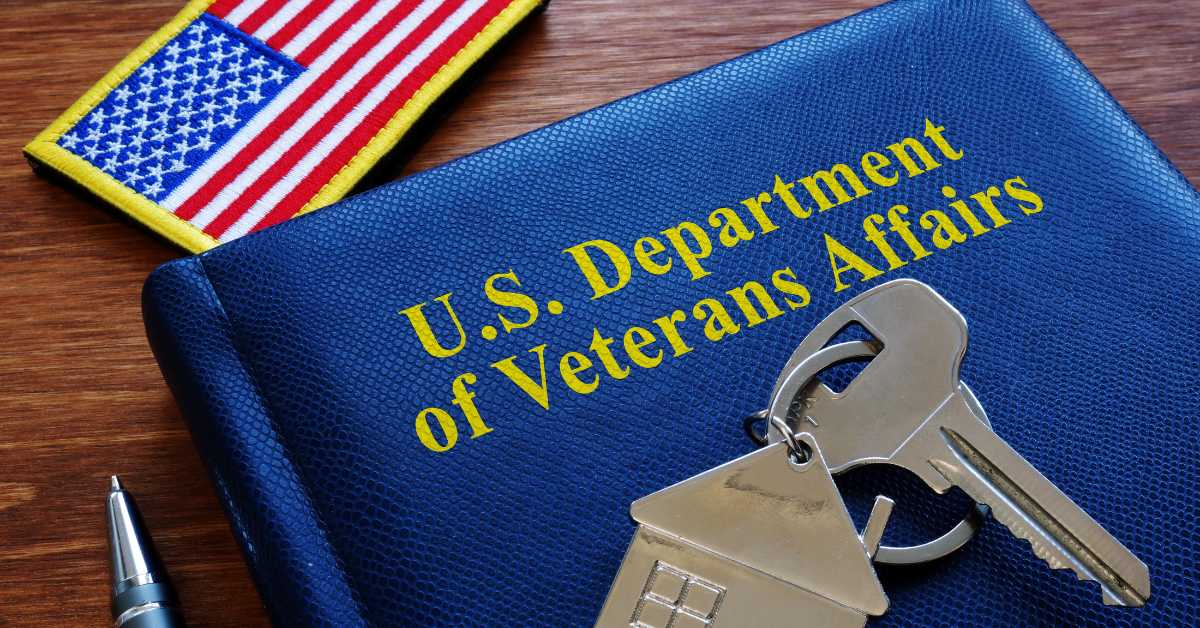Can I Receive Veterans Benefits and Social Security Disability?

You may qualify for Social Security Disability (SSD) benefits even if you are already receiving veterans’ disability benefits from the Department of Veterans Affairs (VA). This means you could receive benefits from both programs at the same time if you meet the Social Security Administration’s (SSA) qualifications.
You can learn more about qualifying for SSD benefits by working with a knowledgeable Social Security Disability attorney in Phoenix. Request a free, no obligation consultation today and our disability attorneys will review your case and see if we can help you pursue the compensation you deserve.
Major Differences Between Veterans’ Benefits and SSDI
Both veterans disability benefits and Social Security Disability Insurance (SSDI) compensate individuals with disabilities. However, there are major differences between these programs:
- VA disability is only for veterans or active servicemembers who sustain a disability connected to their military service. SSDI is available for anyone with a disability to apply.
- SSDI requires an individual to be totally disabled to obtain benefits, whereas veterans disability benefits do not. To be found disabled for SSDI benefits, your medical condition(s) must prevent you substantially from doing work, and the condition must have lasted or be expected to last a minimum of one year or result in your death. To be eligible for VA compensation, veterans may have a disability rating as low as 10 percent.
- SSDI formerly gave great weight to the medical opinion of the claimant’s treating physician. Under current rules, SSDI does not give more weight to a treating physician’s opinions over another’s. The VA program has never given treating physicians a preference, basing decisions on a claimant’s whole file.
How the Programs Affect Each Other
Qualifying for benefits from one program may or may not help you obtain benefits through the other. Eligibility depends on your unique circumstances.
Simply being eligible for veterans’ benefits does not help you qualify for SSDI. Even if the VA has declared your disability rating as 100 percent permanent and total, it does not guarantee you will be eligible for SSDI.
As of 2017, the Social Security Administration no longer considers VA disability ratings when deciding to grant disability benefits. However, the SSA will look at the evidence the VA used to make its determination.
If you are already receiving SSDI you may not necessarily be eligible for veterans’ benefits. SSDI is awarded for all qualifying disabilities, even those that may not be service-related.
Receiving veterans’ benefits will not affect the amount of SSDI you receive if your disability is service-connected, nor will your veterans’ benefits be reduced for receiving SSDI.
Meet with a Disability Lawyer for Help
Applying for disability benefits can be confusing, especially when you do not know what programs you may be eligible for or their eligibility criteria. Working with an experienced disability lawyer can give you an advantage when dealing with this process, helping you identify benefits you may be eligible for and assisting with the application and appeals process.
The disability attorneys of Dayes Law Firm PC are here to help you access the Social Security Disability benefits you deserve. Our skilled lawyers will examine your claim and advise you what options are available for obtaining compensation.
Request a free, no obligation consultation now. When you work with our firm, there are no upfront fees and payment is only owed if we help you get compensation for your claim.
Call 1-800-503-2000 or complete our Free Case Review form now.
